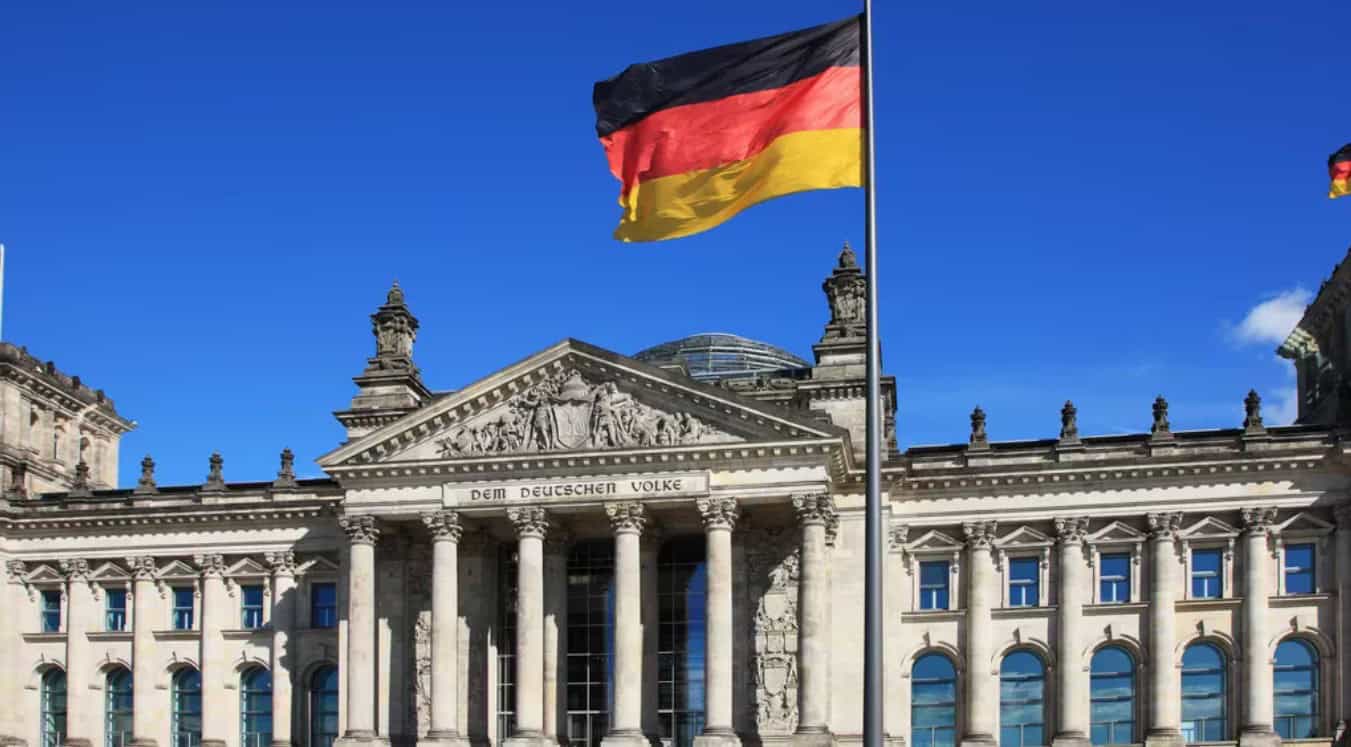
German industrial giant Siemens AG said Wednesday that it issued a 300 million euro ($330 million) digital bond on blockchain rails as part of a European Central Bank’s (ECB) trial.
Major German financial institutions BayernLB, DekaBank, DZ BANK, Helaba and Landesbank Baden-Württemberg (LBBW) invested in the bond. Deutsche Bank also participated facilitating the settlement process.
Siemens said in a blog post that it built upon the company’s previous experience gained during last year’s 60 million euro bond issuance via Polygon (MATIC), which then required two days (T+2) for settling the transaction.
“Automated processing within a few minutes shows the enormous potential of this new technology and confirms our strategy of playing a leading role in continuously shaping the digital transformation,” said Peter Rathgeb, Corporate Treasurer of Siemens.
The latest transaction was settled via SWIAT, a private permissioned blockchain, the company said.
Siemens’ bond issuance is the latest example of traditional institutions exploring ways to put traditional financial instruments such as bonds, credit and funds on blockchain rails. The process, also known as tokenization of real-world assets (RWA), promises operational benefits such as faster and more transparent transaction settlements, lower costs and greater efficiency and transparency.
Last month, CoinDesk reported that KfW, the largest development bank in Germany, teamed up with Boerse Stuttgart Digital (BSD) in preparation for a digital bond issuance. Italy’s state-owned development bank Cassa Depositi e Prestiti SpA (CDP) and lender Intesa Sanpaolo also completed a bond issuance on Polygon in July. Both issuances were part of ECB trials.
